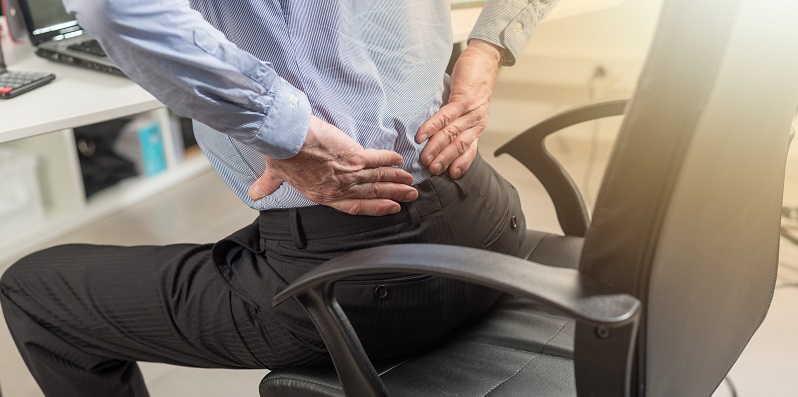5 Common Post-Op Precautions After Spine Surgery
Category: Spine Surgery | Author: Stefano Sinicropi

A strong and healthy recovery after spine surgery doesn’t happen by chance. You’ll need to put in some work and follow certain precautions if you want to make great strides in your recovery and reduce your risk of a setback. But what types of precautions will you likely have to follow after back surgery? We take a closer look at five common precautions that patients are typically asked to follow after spine surgery.
Spine Surgery Recovery Precautions
Your spine surgeon will likely give you some individualized recommendations for all of these precautions after your operation, so while we’ll give you some general guidance below, it’s best to listen to the specific advice given by your surgeon and care team. With that said, here’s a closer look at some of the precautions you’ll likely need to consider after your spinal procedure.
- Incision Site – Caring for your incision site is incredibly important in the first few days and weeks after your operation. Surgical site infections are a leading cause of hospital readmission, so keeping the area clean and dry will be a must. Your doctor will explain how and when to change your bandages, but if keeping the area clean is tough because the incision is located on your back, be sure to enlist some help so that your risk of an infection doesn’t increase.
- Activity Avoidance – We understand that you are likely itching to get back to certain activities, like driving, working or athletics, but taking on these physical tasks before you are ready can lead to hardware problems or surgery failures. Mind your physical restrictions, and make sure you receive clearance from your surgeon before stepping outside of your physical restrictions. We don’t want you to lay in bed all day while you recover, but at the same time, you don’t want to overdo it while your body is in a weakened state.
- Physical Therapy – If you’re itching to jump back into some physical activity, go ahead and do your physical therapy exercises as recommended. PT is crucially important for driving home your recovery and ensuring that your body makes the biggest functional improvements during this crucial stage in recovery. Make sure that you attend your in-person sessions and do all of your home-based exercises as recommended by your care team. If you want your spine to be stronger, more flexible and prevent the formation of potentially problematic scar tissue, do your PT exercises.
- Medication Management – Pain medications and anti-inflammatory agents will likely be prescribed after your surgery to help manage discomfort in the early stages of your recovery. Pain medications and opioids can lead to addiction or death if abused, so make sure that you only take your medications as directed. Unless you require assistance managing your medications, do not leave them in the open where others would have access to these potentially dangerous substances. Pain meds can be a perfect compliment to your recovery, but they carry risks as well, so only take them as recommended by your care team.
- Movement Restriction – You may also be given some movement restrictions on top of activity restrictions, and once again it is imperative that you avoid these movements while your spine is in a weakened state. You may be told to avoid bending, twisting or lifting heavy objects for a set amount of time or until you have been given clearance. Don’t bend down to pick up something off the floor or try to carry a laundry basket full of clothes until your surgeon determines that your spine is healthy enough for the activity, otherwise you may end up right back in their office!
For more information about some of the possible precautions and restrictions you’ll face after spine surgery, reach out to Dr. Sinicropi and his team today at (651) 430-3800.